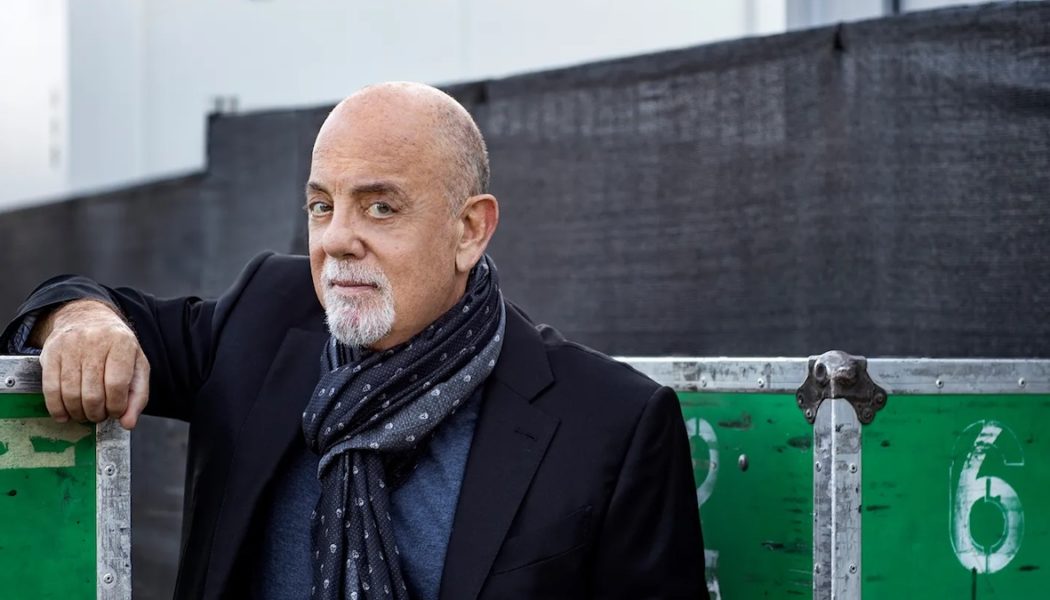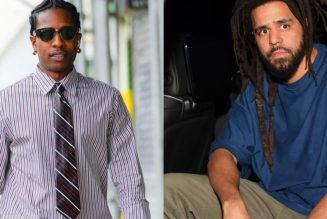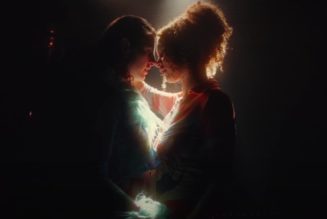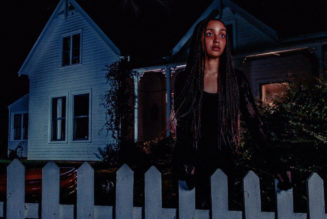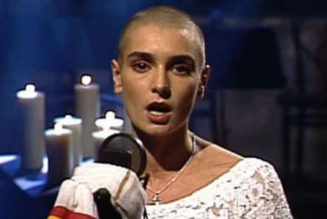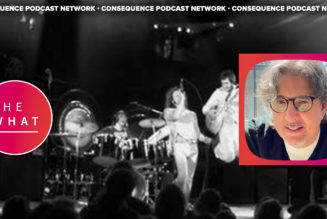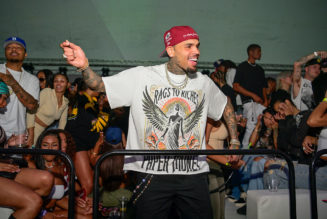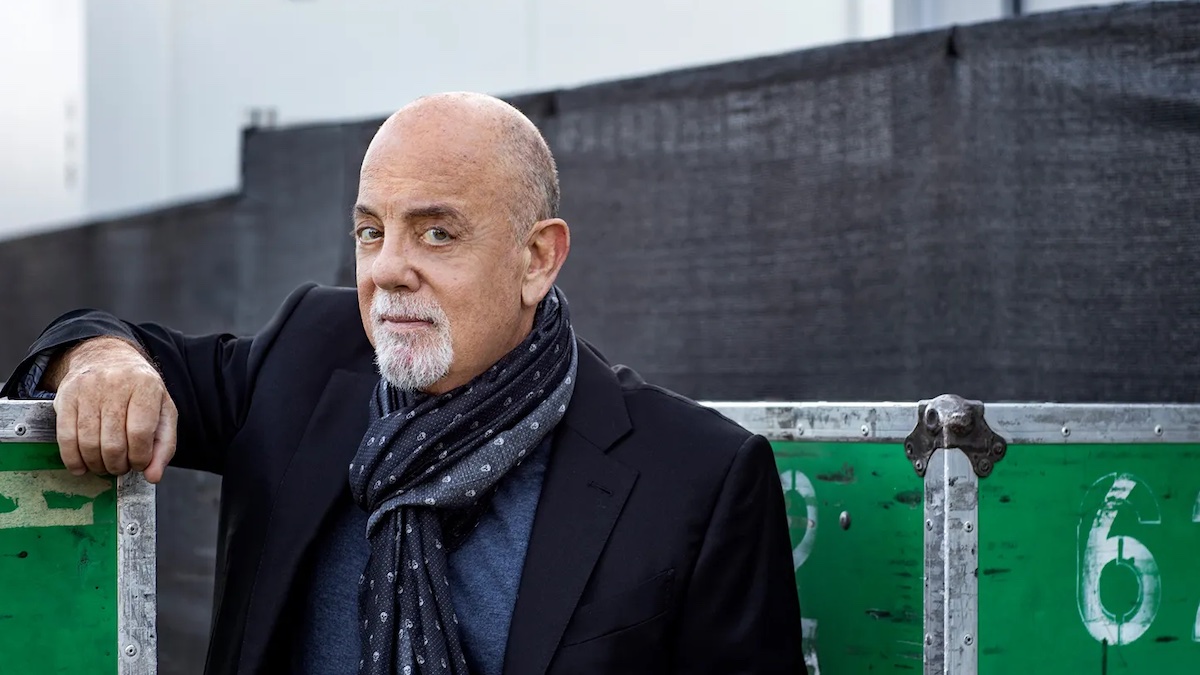
With Song of the Week, Consequence highlights the latest and greatest new tunes. Find these new favorites and more on our Spotify Top Songs playlist, and for other great songs from emerging artists, check out our Spotify New Sounds playlist. This week, Billy Joel returns as sharp as ever.
Billy Joel is not quite realistic about love; he’s the kind of hopeless romantic that gets divorced three times and married four. Judging by “Turn the Lights Back On,” Joel almost experienced a fourth divorce, but as his first new song in 17 years demonstrates, he’s lost none of his musical talent — and none of his belief that this time, at last, things will finally work out.
“Turn the Lights Back On” was co-written by Joel alongside Freddy Wexler, Arthur Bacon, and Wayne Hector. The melody is effortlessly sweet, even as the lyrics find Joel swallowing bile. “Please open the door,” he begins, before acknowledging, “Nothing is different, we’ve been here before.”
His belt-friendly hooks and plot-developing chops have long drawn comparisons to the world of musical theater, but those skills don’t just pop up on storytelling masterpieces like The Stranger. In the seemingly-personal “Turn the Lights Back On,” the narrator has to struggle through “Trying to talk over the silence/ And pride sticks out its tongue,” before he can say, “I was wrong.”
The recording is surprisingly raw. Never mind autotune — Joel allows his voice to wobble and occasionally brush against a wrong note, which only further highlights how nearly perfect the 74-year-old sounds. The soaring chorus, complete with a suggestive line sung “as we’re laying in the darkness,” might lead listeners to think reconciliation will be easy. But it gives way to a second verse that reveals the relationship to be even worse off than we thought: “Maybe you love me, maybe you don’t,” he sings, apparently moments after make-up sex failed to fix their problems. “You’ve had enough, but I won’t give up on you.”
The verses seem to know where this is going, but Joel keeps returning to that irresistible chorus — less the cynicism of the thrice-divorced dad and more the hope of a man who keeps walking down the aisle, who truly believes he’s found the one. The outro repurposes the chorus with a small, bitter twist, leaving the listener with the same question that will haunt the narrator:
